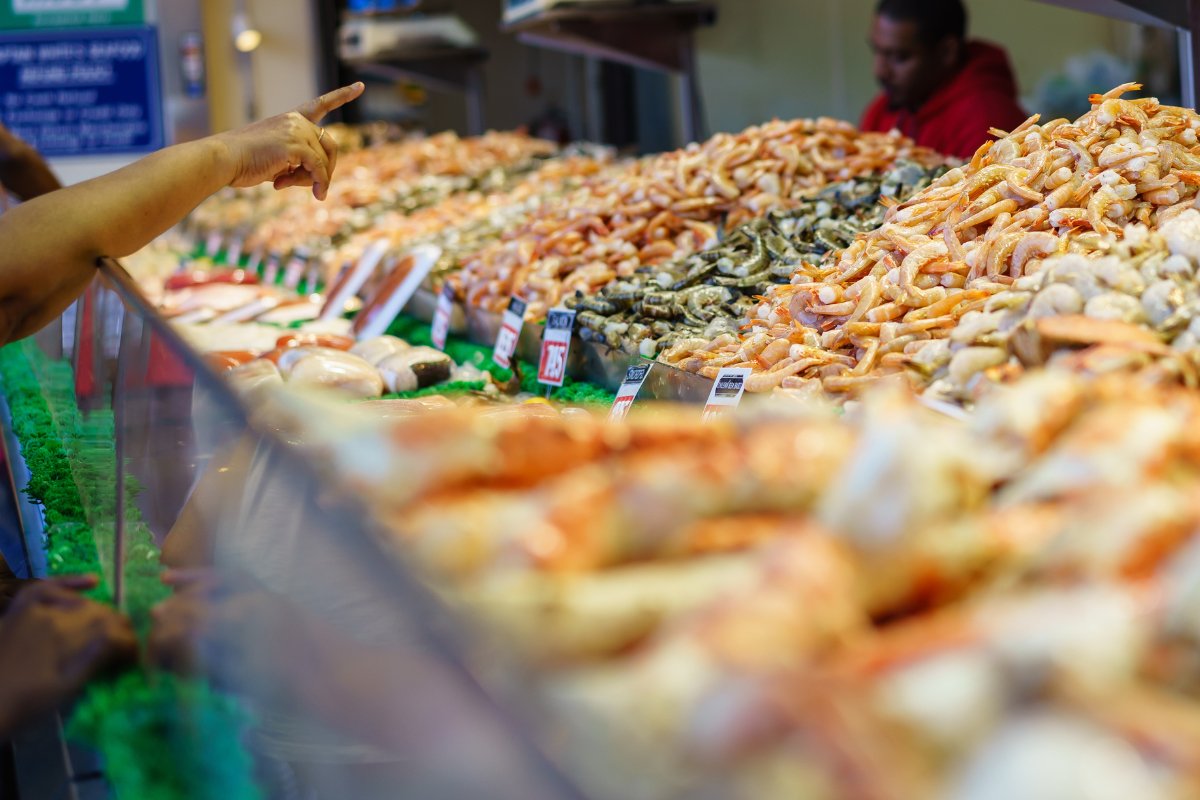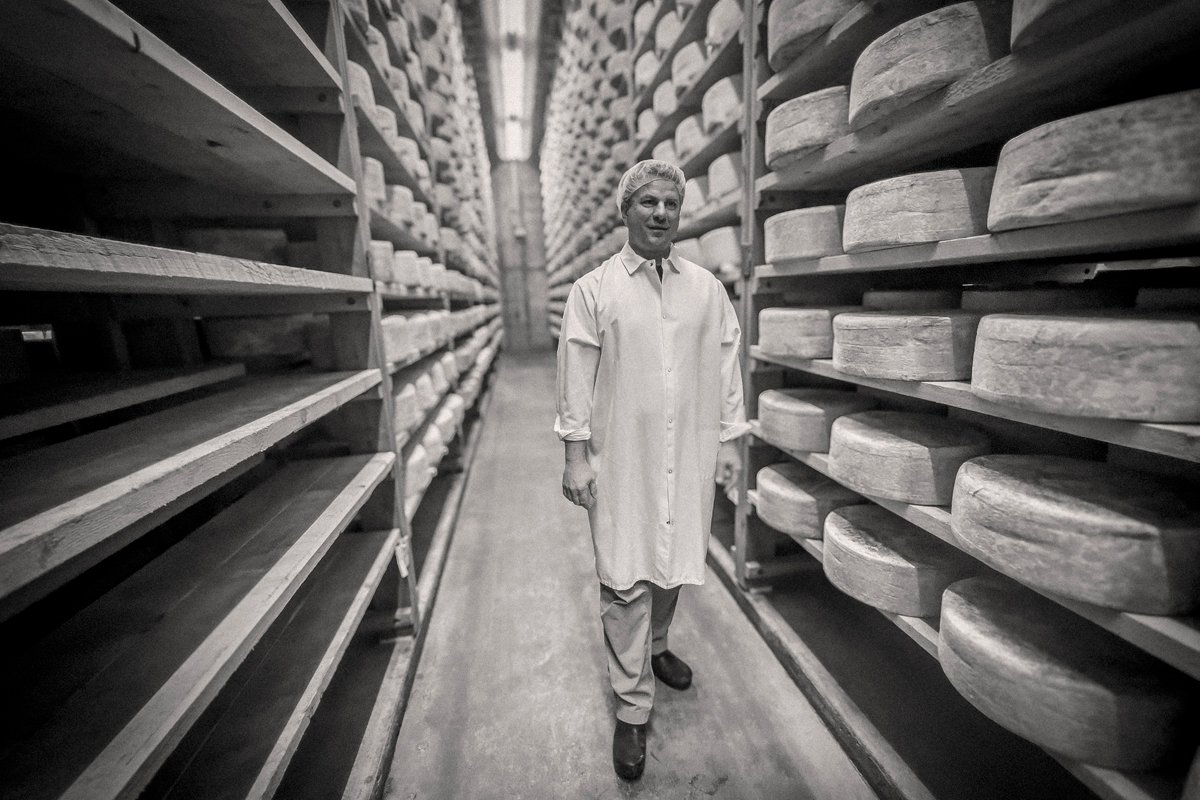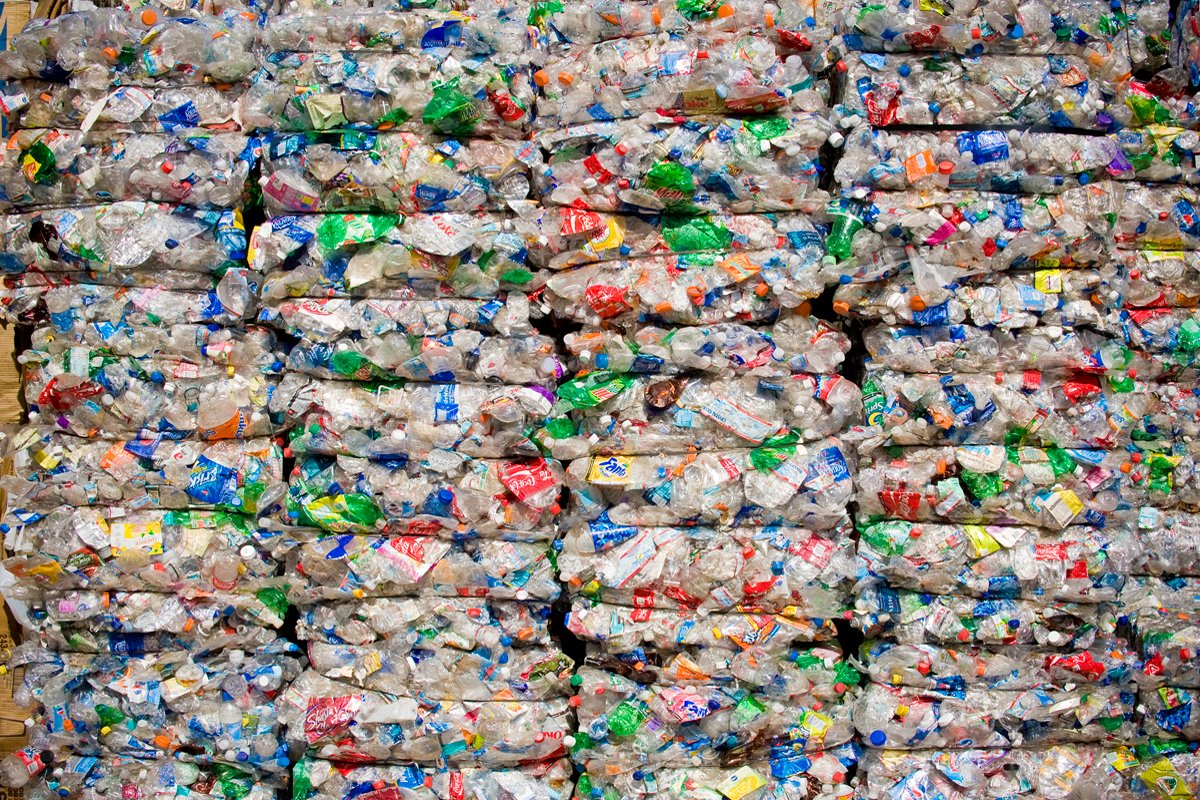A law currently in Congress could expand regulations to rein in illicit seafood imports, which account for an estimated 10 percent of all U.S. sales—and bring with them significant human rights, environmental, and health problems.

A law currently in Congress could expand regulations to rein in illicit seafood imports, which account for an estimated 10 percent of all U.S. sales—and bring with them significant human rights, environmental, and health problems.
June 13, 2022

Editor’s note: A version of this article appeared last month in The Deep Dish, our members-only monthly newsletter. Become a member today to get early and exclusive access to our in-depth reporting on food and the environment.
In the end, the eels were worth an estimated $160 million. Over four years, they trickled through U.S. seaports in 138 shipping containers that eight people were later accused of importing illegally.
In March, a grand jury indicted the CEO of American Eel Depot, a New Jersey company, along with three members of the staff and four business affiliates in association with the alleged crimes. U.S. attorneys charged that the eels—packaged and labeled as unagi—were illegally harvested as juveniles in Europe and Asia, then shipped around the world to disguise their origins. They were raised to adulthood in a Chinese fish farm and sent to the United States as purportedly legal fare.
Those 138 shipping containers represent just a tiny portion of the illegal seafood that is sold in America annually. According to a report by the U.S. International Trade Commission, illegal seafood accounted for $2.4 billion in sales in 2019, or nearly 11 percent of $22 billion in seafood imports that year. Should the allegations against American Eel Depot prove true, nabbing them is a coup for federal investigators, a rare win in an oft-elusive struggle to slow the speed of illegal, unreported, and unregulated (IUU) seafood coming through U.S. ports in huge volumes. It has been a problem for years, but legislation currently in Congress aims to advance efforts to curtail it.
“IUU fishing really undermines all of the progress the U.S. and other countries around the world have made in trying to more sustainably manage their fisheries to ensure that we have fish forever,” said Beth Lowell, who oversees campaigns to deter illegal fishing at the environmental nonprofit Oceana. “That’s of course important because of food security, coastal economies, and people rely on these fisheries for jobs but also for food.”
Lowell describes IUU this way: fishing without a permit, ignoring catch limits, fishing in restricted areas where marine wildlife is harmed or habitat destroyed, or fishing where there’s no regulation or reporting at all.
“Illegal fishing really undermines all of the progress the U.S. and other countries around the world have made in trying to more sustainably manage their fisheries to ensure that we have fish forever.”
The United States already restricts such abuse in its domestic fisheries. Ecologically speaking, they are among the most tightly regulated in the world, and national labor laws prevent the forced labor issues often tied to seafood elsewhere. But fishermen working in the U.S. regularly compete against ill-gotten—and often cheaper—imports. In 2016, the nation began implementing the Seafood Import Monitoring Program (SIMP) to help change that. SIMP creates a paper trail for certain seafood imports and tracks those fish from the docks, through distributors, and then to buyers. That documentation aids law enforcement and deters the sort of scheme prosecutors say American Eel Depot devised.
The SIMP, however, only targets 13 species groups. They’re the most frequently imported and illegally or mislabeled seafood in America—including tuna, shrimp, and Atlantic cod—but they represent only 45 percent of the nation’s seafood imports.
New legislation introduced last year by U.S. Representatives Jared Huffman (D-California) and Garret Graves (R-Louisiana) could expand the rules to all imported seafood, requiring importers to keep records about where fish were harvested and landed, and the chain of custody before they arrive in ports. The expansion would net hundreds of other species. The legislation also proposes to expand data requirements, establish seafood labeling, and beef up enforcement.
After initially stalling, the proposal became separate iterations of new bills in the House and Senate. The most viable is now the America COMPETES Act, which mostly pertains to manufacturing and has the best chance of becoming law, though both the House and Senate have passed versions of the bills. Efforts to reconcile both are now underway, but efforts to combat IUU fishing generally have strong bipartisan support in America—five of the last six presidential administrations supported efforts to keep IUU seafood out of the country. This latest effort has so far been hailed as a success by environmental and labor advocates. It also has support from domestic fishers and others in the seafood industry.
Nathan Rickard is one such supporter. Rickard is an attorney who specializes in trade remedies for the Southern Shrimp Alliance. Right now, his is a big job. Eighty-five percent of seafood in America is imported, ripe for the illicit finfare that ends up in grocery stores, restaurants, and prepared foods. Rickard says shrimp make up 27 percent of those imports, which makes it hard for domestic shrimpers to make an honest living while they compete with cheaper, illegally gotten products. Every day for 19 years, Rickard has helped them push back against this illegal tide. And that’s how much effort it takes: every day for 19 years.
When something shows up at the border, he says, the ability to trace it back to the pond or boat that it came from “is going to be incredibly helpful in putting a measure of accountability in this industry,” he said.
Expanding the SIMP could make it easier, for example, to track imports from nations including China, India, Thailand, and Vietnam, which pay duties on certain shrimp products to make sure they don’t skirt the rules. Those duties help keep the playing field level with countries like China, which have given subsidies to shrimp producers, enabling them to land cheap shrimp in the U.S. market, bottoming out prices for domestic shrimpers.
Those domestic shrimpers fish in small boats between the southeast tip of Texas and the outer banks of North Carolina. Their catch is capped to ensure the health of the species. They are also required to use technology that keeps turtles from being ensnared in their gear and to abide by a host of other rules the National Marine Fishery Service decrees. Those fishers’ landings are closely monitored to ensure compliance, and domestic fishing is also overseen by marine biologists that often ride aboard vessels, collecting data on fishing practices and the health of various species.
But those shrimpers must compete with Gulf shrimpers from Mexico, who don’t have comparable catch limits, have differing labor requirements, and aren’t required to turtle-proof their gear. And some of the farmed shrimp they’re competing against from abroad can not only harm mangroves and other sensitive ecosystems, it can also be tank-farmed in nations that do not regulate antibiotics or chemical use. Chinese aquaculture, for example, can often be identified simply by testing it for antibiotic residue, Rickard said.
“Those companies just disappear the moment that anybody comes knocking or looks into stuff. That shouldn’t happen with food products.”
Eyeing the proposed legislation, he added, “There are so many different things about the law that are promising going forward.” As one example, he pointed to a provision that would require all seafood importers to have an International Fisheries Trade Permit.
“On all the shrimp trade fraud that we were facing, it was these . . . fly-by-night companies that would just open and start importing huge amounts of stuff in the U.S. They were operating out of post office boxes, FedEx boxes,” Rickard said. “Those companies just disappear the moment that anybody comes knocking or looks into stuff. That shouldn’t happen with food products.”
If all seafood importers were required to apply for permits, that address data could direct investigations of those fly-by-night companies, including of forced labor associated with illegal seafood.
Environmental groups echo a need for collecting basic information about all seafood from importers: Noting what type of fish was caught or raised, and where and how the fishermen or farmer was licensed, can help the National Marine Fishery Service use that information to identify the highest-risk shipments and more effectively target scofflaws. Maybe somebody reported they caught a fish where it isn’t found; maybe they described a license that doesn’t exist; or maybe they fished somewhere where the season was closed. Expanding SIMP could help punish these abuses—and discourage people from continuing to skirt the law.
As long as there are loopholes—for species, for nations—schemes that evade such tracking are ongoing and bedeviling. And they’re increasingly an American problem: The European Union is adopting tougher laws, and Canada, Japan, and Mexico are making progress toward tighter borders, while the United States is becoming the world’s dumping ground for illegally caught seafood.
Consider that unagi from American Eel Depot, for example. U.S. attorneys say it was illegally harvested by fishers in The Netherlands and Ukraine, where juvenile eels, called elvers, are endangered. In an indictment, those fishers were described as part of “a multi-billion dollar international black market for freshwater eels” that flourishes around the globe. Eels are a popular sushi ingredient, but due to their complex biology, they can’t be bred in captivity, only reared there.
In the indictment, American Eel Depot is charged with making deposits to foreign bank accounts for payment to the fishers who shipped elvers to American Eel contacts in Thailand and Hong Kong, at points mislabeling them as live crabs and scrubbing the shipping papers of any mention of the company. Some ended up at a facility in China, the indictment says, where they were reared to adulthood and processed. By the time they made it to the U.S., American Eel Depot was allegedly labeling them as American and telling the U.S. Fish and Wildlife Service as much.
That would have been legit—if it were true: Eels are endangered in Europe and Japan, but not in Maine. Fishermen there fetch as much as $2,000 a pound for some of the only legally harvestable eels in the world. And because 20 percent of the 85 percent of seafood that is imported annually to the U.S. market is actually “reimported” (meaning caught in America but processed overseas), those eels could have been American. Similar reimport issues affect salmon, tunas, and a host of other seafood species often processed in China. Disguising illegal fare as American also greatly muddies enforcement of protections for endangered species.
Not everybody welcomes tighter rules, however. For example, the seafood education nonprofit National Fisheries Institute, along with a coalition of seafood businesses, sued the Obama administration after the administration began implementing the SIMP in 2016. At the time, the litigants argued that the National Marine Fisheries Service lacked the authority to regulate seafood fraud and made a number of errors in implementing the program. A federal court upheld the SIMP a year later, but the group maintained that it would cost American companies $53 million in record-keeping and boost the price of seafood for consumers. The litigants included companies from the middle of the seafood supply chain, like restaurant chains and seafood processors who buy imports for sale to grocery stores, restaurants and consumers.
“Seafood traceability helps all branches in the supply chain, from the fishermen all the way to the final point of sale. Right now we put a lot of pressure on the individual consumer to make choices on what seafood they’re going to buy.”
This opaque middle—a place where products change hands frequently—is also tough to track. Oceana’s Lowell said the proposed legislation would trace fish through that space, where it would ultimately prevent mislabeling for grocers, restaurants and consumers.
“Seafood traceability helps all branches in the supply chain, from the fishermen all the way to the final point of sale, because it gives you a chain of custody of the product throughout the supply chain,” she said. “Right now we put a lot of pressure on the individual consumer to make choices on what seafood they’re going to buy. If you had built-in assurances that at least what you were getting was legally caught, I think that would be good for both the end seller and the end buyer.”
At FishWise, a nonprofit that helps seafood companies respond to environmental and social supply chain issues, that notion also gets support, as do plans in the proposed legislation that would synchronize the government’s ability to respond to labor violations in the seafood supply chain. The legislation proposes to formally expand the definition of IUU fishing under U.S. law to include human trafficking, forced labor, and labor rights violations, which would enable critical government entities and law enforcement to work more cohesively to combat them. It would also increase data requirements in documenting labor conditions and expand the authority of the U.S. to revoke port privileges from boats associated with IUU fishing.
“We would like labor and legal harvest to be taken together, if possible,” said Sara Lewis, who directs the traceability division at FishWise. “We’re not shifting regulatory authority as much as we’re allowing for better communication and better coordination of tools and strategies to address both of those things.”
She said the effort would greatly ease the burden for companies that would like to improve on both within their supply chains, which right now requires doubling up on efforts to address the problems separately.
“It makes sense that a product could not be legally harvested if it was harvested using forced or other coerced labor,” Lewis added.
Should the legislation pass—it is likely to be voted on again this session—Lewis and others foresee more work ahead, navigating a future of advanced data tools that help forecast risk and monitor crews at sea. Advocates suggest that, if it passes, there will also likely need to be efforts to adequately fund the implementation of any SIMP expansion and urging the National Marine Fisheries Service to use SIMP data to target investigations, rather than the standardized audits of the past. Grocers, restaurants, and seafood producers are also likely to be drawn into conversations about labeling and transparency as more data about seafood sourcing becomes available.
“We’re making a lot of progress in the conversation,” Lewis said. “The NGO community, the industry, and the government are not as far apart as one might think; we’re actually all moving toward a common set of issues.”

September 4, 2024
By paying top dollar for milk and sourcing within 15 miles of its creamery, Jasper Hill supports an entire community.
September 3, 2024

August 27, 2024

August 26, 2024

Like the story?
Join the conversation.